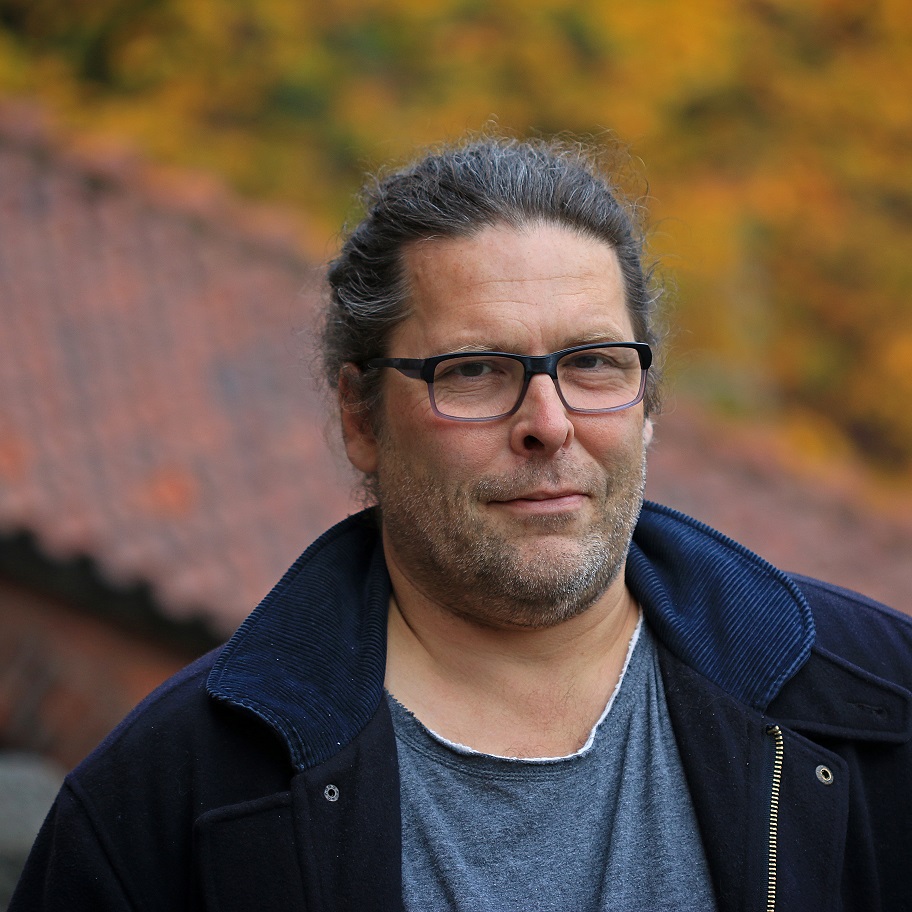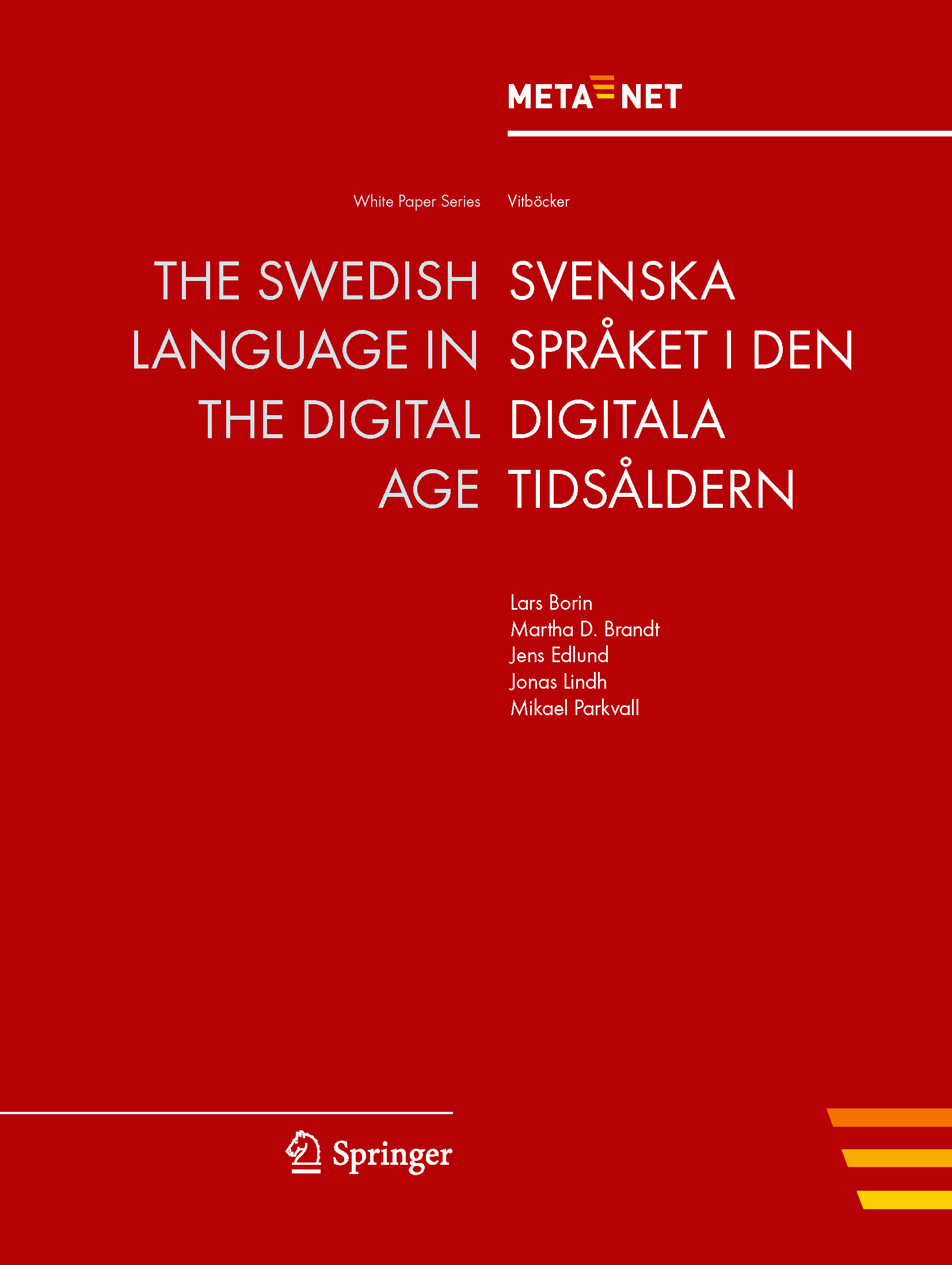The Languages of Sweden
Swedish is spoken by approximately ten million native speakers and 3.2 million speakers who learned it as a second language. Swedish is the official language of Sweden and Finland. In Sweden, Finnish, Romani, the Saami languages and Yiddish are official minority languages. Although English is not an official language, it plays an important role in daily life. For example, about 22% of the published books are in English. Swedish belongs to the Old East Norse Branch of the Germanic languages. It is closely related to Danish. The regional variations are relatively less distinct compared to other European languages. Most Swedes speak Standard Swedish with minor phonological and lexical differences, indicating the geological origin of the speaker.
Features of Swedish:
- On the phonological level, Swedish uses a phonemic pitch accent system.
- Like many other Germanic languages, the sentence structure is dominated by a V2-order.
- The “reflexive possessive” is an additional word form in the third person. It marks a co-reference between the possessor and the subject.
- The most productive word formation process is compounding. Long words are the result of this process.
NCC Lead Sweden
Prof. Jens Edlund is an associate professor at the Division of Speech, Music and Hearing at the KTH Royal Institute of Technology. In 2011, he received his PhD in the area of human-computer-interaction. His research interests include analysis of spoken multimodal interaction, human-human dialogue, human likeness in machines, speech technology and spoken dialogue systems. In this area he has authored and co-authored over 100 scientific articles and conference proceedings.

Current National Initiatives
- There is no LT funding programme. LT project proposals are evaluated as and competing with proposals in computer science or linguistics.
- An AI funding programme is being planned, which will benefit at least some forms of LT.
- The Swedish Research Council is currently providing substantial funding to a national research infrastructure supporting research based on language data, notably LT, linguistics and digital humanities, for 2018–2024.
Wikipedia contributors. (2020, July 4). Swedish language. In Wikipedia, The Free Encyclopedia. Retrieved 17:00, July 7, 2020, from https://en.wikipedia.org/wiki/Swedish_language.
Events
META-NET White Paper on Swedish
Lars Borin, Martha D. Brandt, Jens Edlund, Jonas Lindh, and Mikael Parkvall. Svenska språket i den digitala tidsåldern - The Swedish Language in the Digital Age. META-NET White Paper Series: Europe's Languages in the Digital Age. Springer, Heidelberg, New York, Dordrecht, London, 9 2012. Georg Rehm and Hans Uszkoreit (series editors).
Full text of this META-NET White Paper (PDF)
Additional information on this META-NET White Paper
Availability of Tools and Resources for Swedish (as of 2012)
The following table illustrates the support of the Swedish language through speech technologies, machine translation, text analytics and language resources.
| Speech technologies | Excellent
support |
Good
support |
Moderate
support |
Fragmentary
support |
Weak/no
support |
|---|---|---|---|---|---|
| Machine translation | Excellent
support |
Good
support |
Moderate
support |
Fragmentary
support |
Weak/no
support |
| Text analytics | Excellent
support |
Good
support |
Moderate
support |
Fragmentary
support |
Weak/no
support |
| Language resources | Excellent
support |
Good
support |
Moderate
support |
Fragmentary
support |
Weak/no
support |
